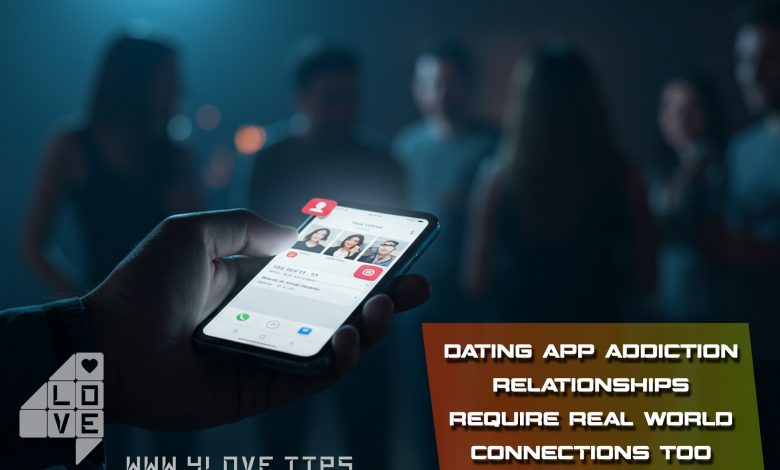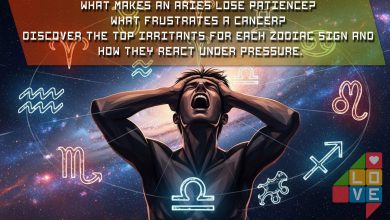Dangerous Dating: How Dating Apps Are Affecting Mental Health and Creating Addiction

The Rise of Dating App Addiction: When Swiping Becomes a Problem
Dating apps have revolutionized modern romance, offering an easy way to meet potential partners with just a swipe. But what happens when casual use turns into dependency? A growing number of young adults are struggling with dating app addiction, leading to anxiety, self-esteem issues, and even social isolation.
According to The New York Times, a recent study published in the journal Computers in Human Behavior found that people who feel insecure about their appearance or fear social rejection are more likely to overuse dating apps in unhealthy ways. The research, which surveyed over 5,400 young adults (ages 18-35) in Taiwan, revealed that those with social anxiety tend to rely on digital interactions because they offer more control over self-presentation—something real-life encounters don’t always provide.
Why Dating Apps Can Be Dangerous for Mental Health
At first glance, dating apps seem like a convenient solution for shy or socially anxious individuals. However, excessive use can lead to:
✔ Obsessive behavior – Constantly checking for matches, editing profiles, and waiting for replies.
✔ Increased anxiety – Stress when conversations don’t go as expected.
✔ Avoidance of real-life interactions – Some users withdraw from face-to-face dating, worsening their fear of rejection.
The study highlights that people who already struggle with self-doubt are more prone to developing problematic usage patterns. Instead of boosting confidence, dating apps can reinforce negative thought cycles, making users feel even more insecure when matches don’t respond or dates fall through.
How Dating App Addiction Develops
Dating apps are designed to be habit-forming, using gamification elements like swiping, notifications, and instant messaging to keep users engaged. For those already prone to anxiety, this can create a compulsive need for validation through matches and messages.
Some warning signs of dating app addiction include:
🔹 Spending hours swiping daily
🔹 Feeling anxious when not receiving matches
🔹 Neglecting real-life social interactions
🔹 Using apps as a primary source of self-worth
Over time, this behavior can worsen social anxiety, making it harder to form meaningful connections offline.
The Impact on Gen Z and Millennials
Young adults, particularly Gen Z and millennials, are more vulnerable to the psychological effects of dating apps. Since they are still developing emotional resilience and self-confidence, excessive reliance on digital validation can hinder their ability to build healthy relationships.
A 2023 report by the Pew Research Center found that:
- 45% of young adults (18-29) have used dating apps
- 30% feel more insecure after negative online dating experiences
- 1 in 5 users admit to checking dating apps multiple times a day
These statistics suggest that while dating apps are useful tools, they can also contribute to increased loneliness and emotional fatigue when used excessively.
How to Use Dating Apps in a Healthier Way
Dating apps aren’t inherently bad—the key is moderation. Here are some tips to avoid addiction and protect mental health:
✅ Set time limits – Avoid endless scrolling by allocating specific times for app use.
✅ Focus on real-life connections – Use apps as a supplement, not a replacement, for in-person dating.
✅ Practice self-validation – Don’t rely on matches for confidence; work on self-esteem offline.
✅ Take breaks – If you feel overwhelmed, a “digital detox” can help reset your mindset.
The Future of Digital Dating: Balancing Convenience and Well-Being
As dating apps continue to evolve, so does the conversation about responsible usage. Some experts suggest that platforms should:
- Implement well-being reminders (e.g., “You’ve been swiping for 30 minutes—take a break!”)
- Offer mental health resources for users struggling with rejection anxiety
- Reduce gamified elements that encourage compulsive behavior
While dating apps provide unprecedented access to potential partners, users must remain mindful of their psychological impact. Healthy relationships—both online and offline—require balance, self-awareness, and genuine connection.
Dating apps are here to stay, but their effects on mental health cannot be ignored. By recognizing the signs of addiction and adopting healthier digital habits, users can enjoy the benefits of online dating without falling into harmful patterns.
Have you experienced dating app burnout? How do you balance digital and real-life dating? Share your thoughts in the comments!
Sources:
- The New York Times
- Computers in Human Behavior Study
- Pew Research Center (2023)


